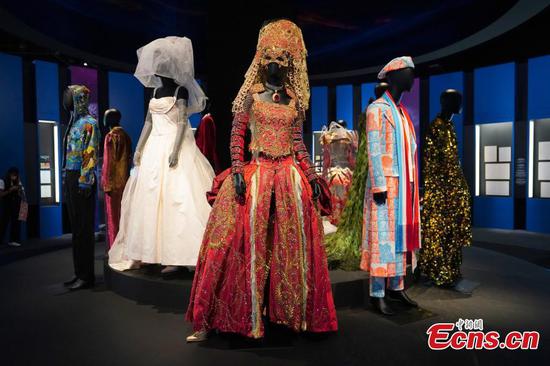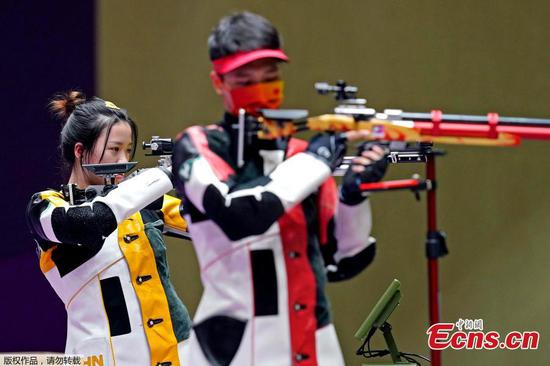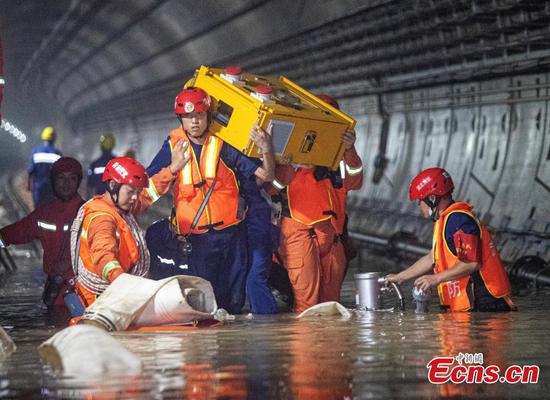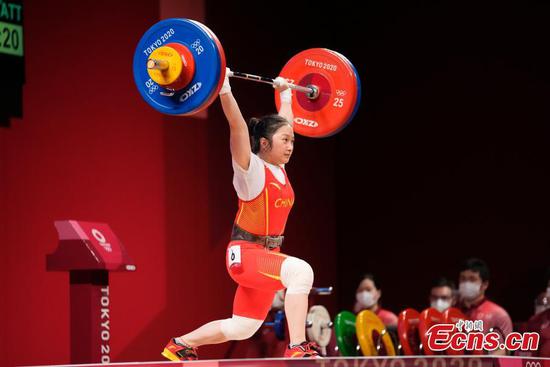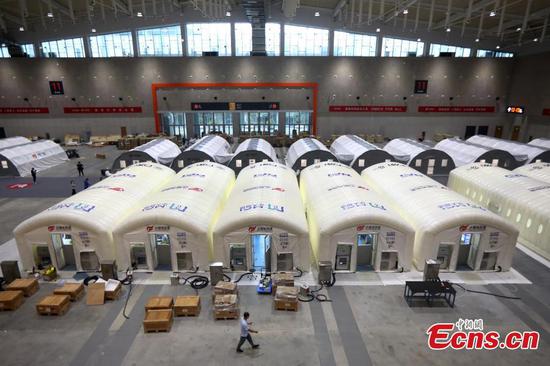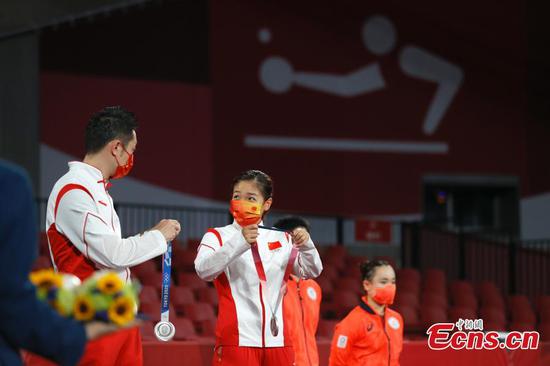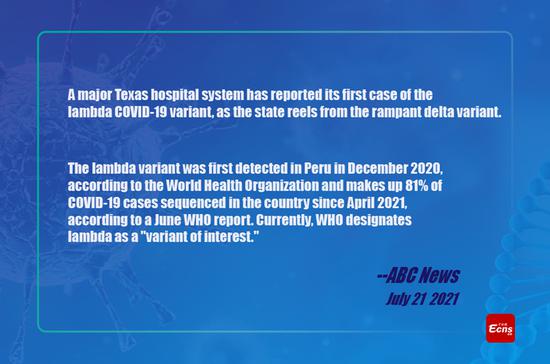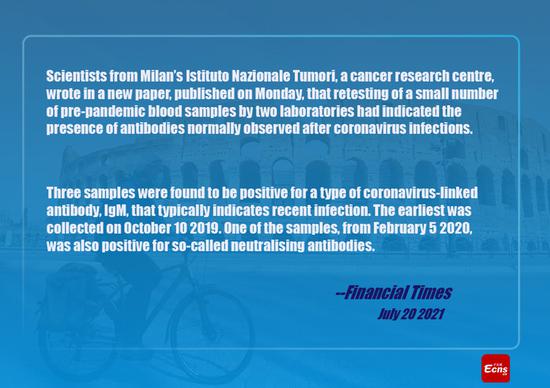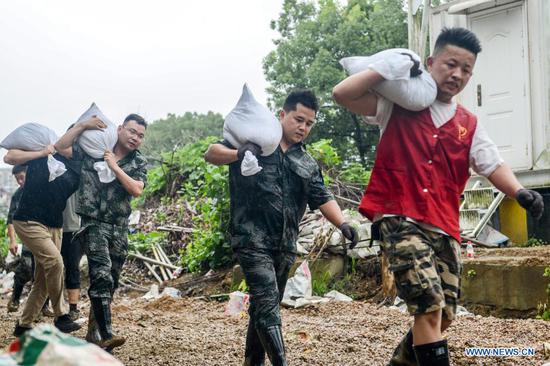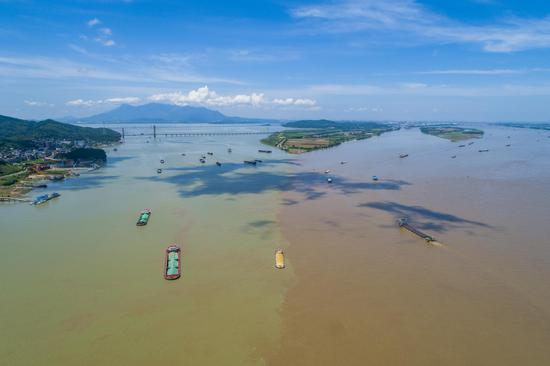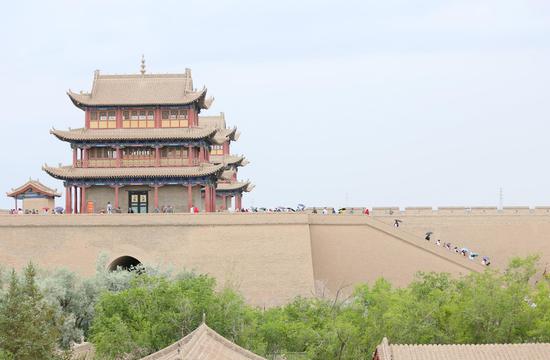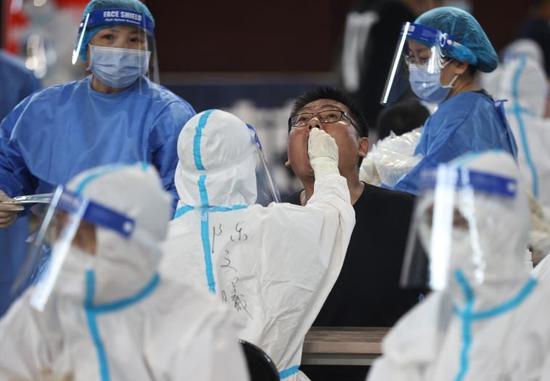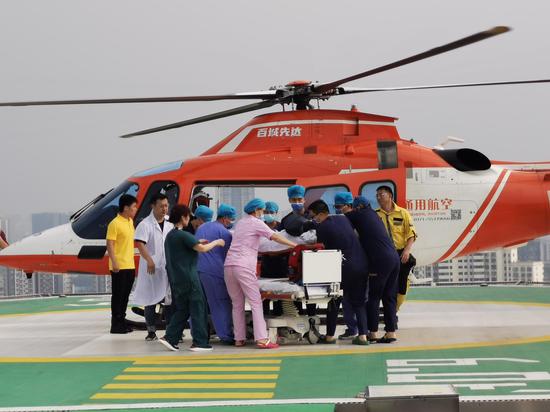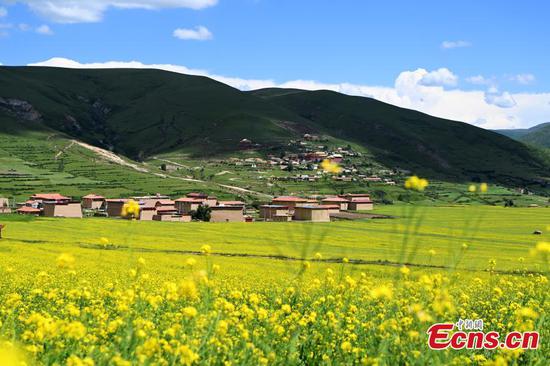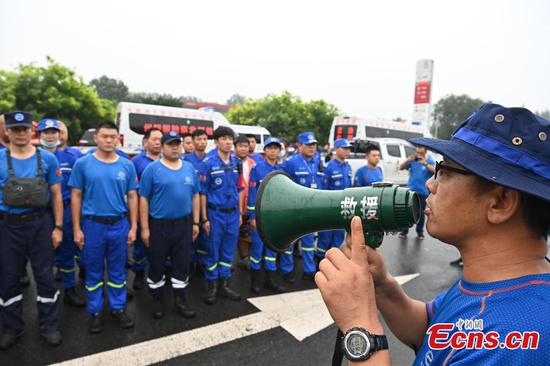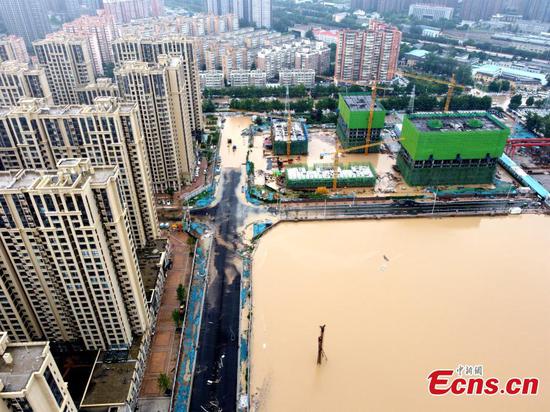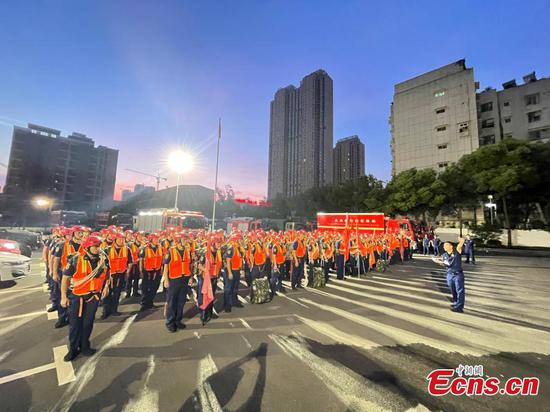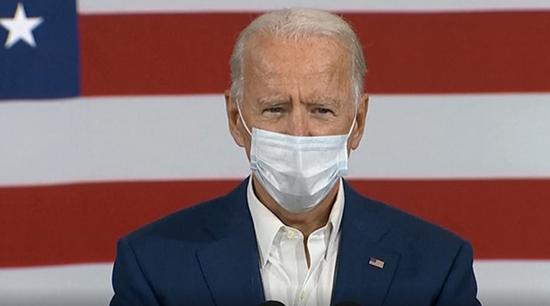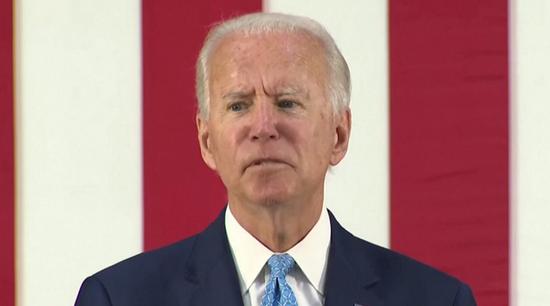As authorities advocate for rollout of vaccines at the speed and scale to minimize waste, the strategy employed by Ghana could offer key lessons for countries across Africa.
According to the World Health Organization, the West African country's vaccine rollout is not only laudable due to the planning, speed and high-level leadership but also how it has worked with far-flung communities and built trust in the vaccines.
Hesitancy and skepticism has been identified as one of the main reasons behind the slow rollout of vaccines in Africa, consequently leading to the destruction of thousands of expired doses, as happened in Malawi.
One of the vital strategies employed by Ghana in its comprehensive preparations for mass COVID-19 vaccinations was using best practices from decades of delivering immunizations like measles vaccination.
"Measles was a particularly devastating disease here, and citizens understand how measles vaccines reduced mortality. So we used this as a base for our advocacy efforts with the public to build confidence and drive uptake," said Francis Kasolo, WHO representative in Ghana.
Using community-based health planning services was successful in ensuring all the children in the country, including in remote areas, were vaccinated against measles. The strategy involves training nurses to provide health services in communities.
The country also used drones to deliver vaccines to areas without roads. It sent vaccinators into communities to stay with them for periods of time while administering the shots.
"Rather than wait for citizens to come to us, we made the effort and went out to them," said Fred Osei Sarpong, WHO immunization officer in Ghana.
"Information on vaccination points was shared on every channel, including national television, radio, social media and chat apps like WhatsApp, as well as networks of district and community leaders and organizations."
The same strategy was used to fight against malaria in the country, and now it's being used to contain COVID-19.
To ensure migratory populations receive COVID-19 shots, vaccination stations were set up along their travel routes.
After receiving vaccines through the COVAX facility in late February, Ghana was able to reach over 470,000 people in areas with the highest number of COVID-19 cases, including around 90 percent of all health workers, within 20 days.
"We identified 43 areas where high transmission of the virus was evident, and started with those districts, sending out mobile teams to administer vaccines," Osei-Sarpong said.
Kasolo, WHO Representative in Ghana, said one of the most important lessons Ghana learned early on was to involve everyone, from the president and the government right down to communities across the country.
"Chaired by the president, the inter-ministerial task force included both government and independent players. While our regulatory authorities imparted critical advice on the safety and efficacy of vaccines, the inclusion of independent partners helped boost confidence among the population, thus reducing vaccine hesitancy," he said.
According to the Lancet, a weekly peer-reviewed general medical journal, compared to other countries in the region, the health system in Ghana is considered well integrated and well financed, and implements up-to-date policies aimed at providing essential services, including immunization.
Matshidiso Moeti, the WHO regional director for Africa, said African countries must speed up their vaccine rollouts five to six times if they are to fully vaccinate the most vulnerable 10 percent of their people by the end of September.
She said the number of doses being administered in the continent should be increased from the current 3.5-4 million doses weekly to 21 million doses.
"To increase vaccine uptake, countries need to scale up operations, investments on operational costs and address vaccine confidence,"Moeti said in a news briefing last week.
"Countries need sufficient vaccine sites and healthcare workers, sufficient vaccine storage, and adequate transport and logistics for distribution."









